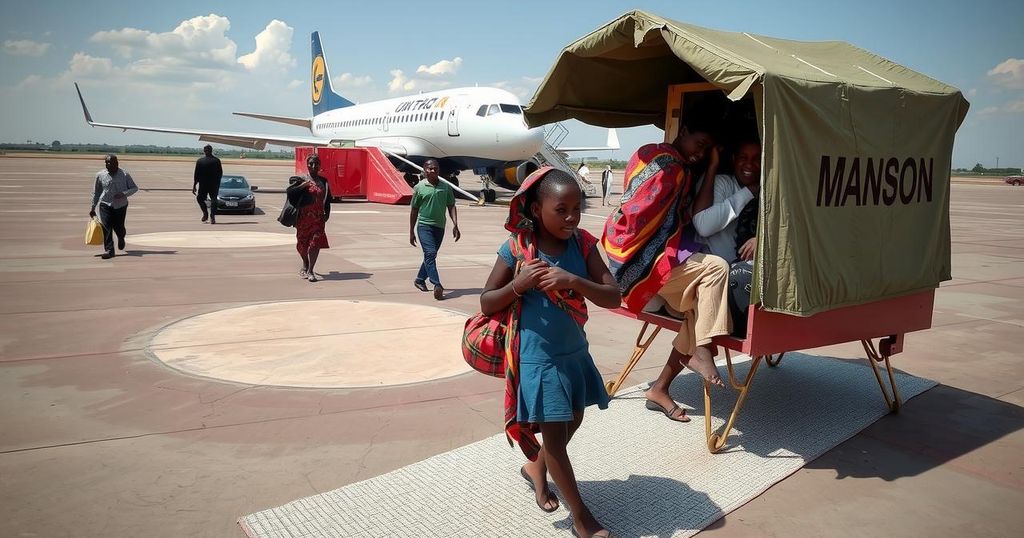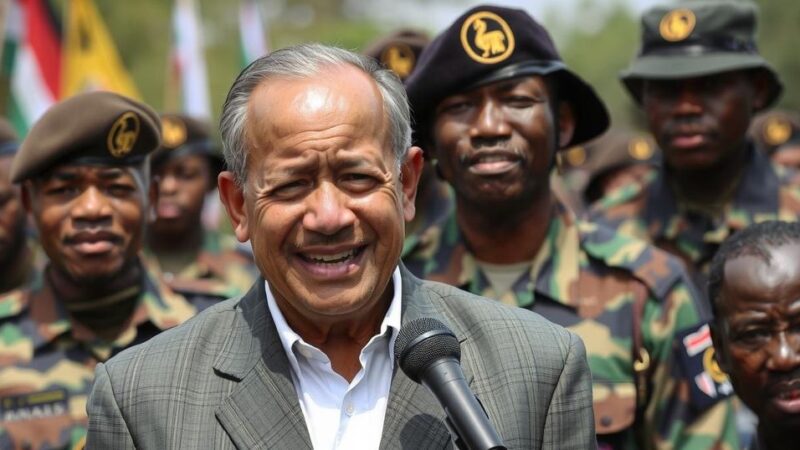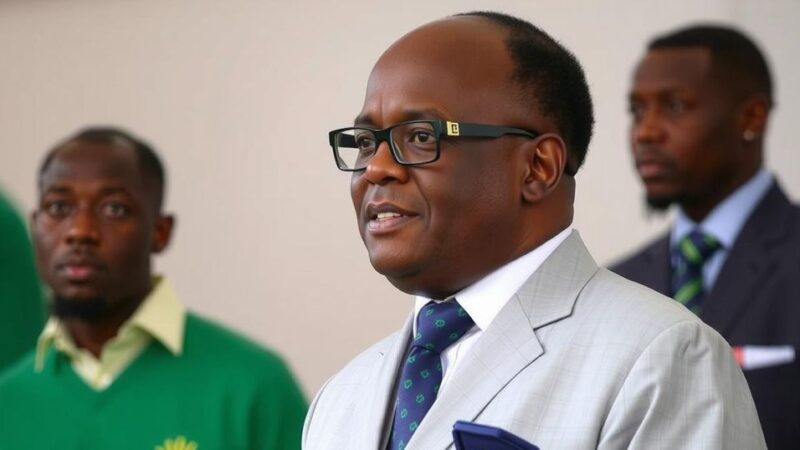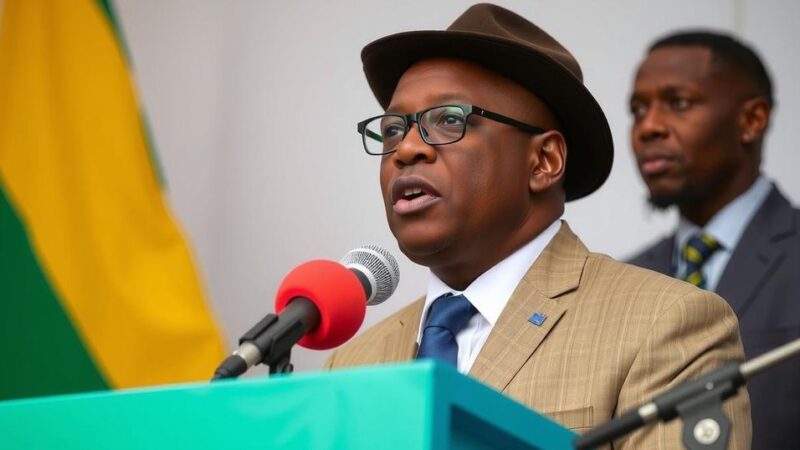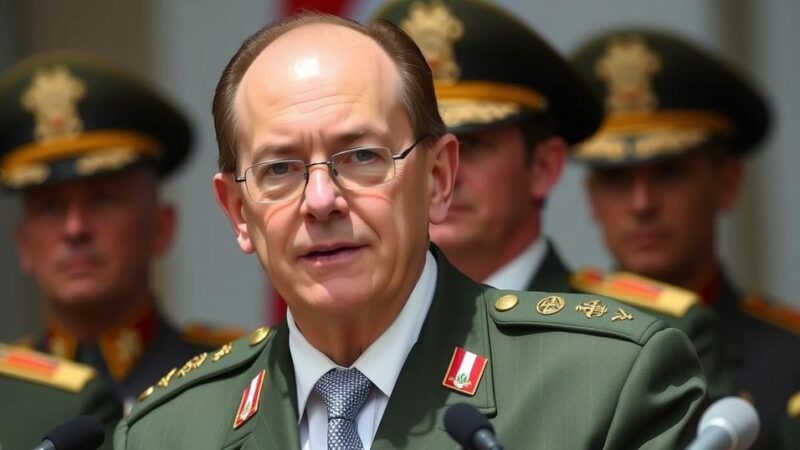Malawi is experiencing a surge of around 13,000 Mozambican refugees fleeing post-election violence related to the recent elections in Mozambique. Amidst looting and unrest, refugees enter Malawi with very few possessions. Local communities, although facing their own crises, are providing support. Humanitarian organizations are mobilizing to address the urgent needs of both the refugees and the host population.
On a sunny Saturday afternoon, Manase Madia, 50, displays his Mozambican identity card, once a source of pride but now a symbol of uncertainty. Over recent weeks, he has witnessed widespread violence, with homes burned and businesses, including his own, looted. Alongside approximately 13,000 others, Madia has fled to Malawi seeking safety from the escalating post-election turmoil in Mozambique. This influx of refugees evokes memories of the civil war era when nearly a million Mozambicans sought refuge in Malawi during the 1980s and 1990s.
Since the election held on October 11, which resulted in Daniel Chapo of the ruling Frelimo party being declared a victor, protests and violent upheavals have plagued Mozambique. The situation intensified following the December endorsement by Mozambique’s constitutional council, leading to violent riots and looting targeting individuals perceived to be affluent, including Madia himself.
Madia narrowly escaped violence after receiving warnings about planned attacks, fleeing with his family on a motorcycle. He described the alarming turn of events where neighbors turned into aggressors. “At first, it was party members who were getting their houses broken into. Then some people informed me that I was being targeted and people were planning to come during the evening,” stated Madia. He highlighted the plight of his relatives still hiding in the bush, unable to escape.
Those arriving in Malawi often do so with little more than the clothes on their backs, exacerbating an already dire humanitarian situation. Despite facing severe food shortages due to a drought, Malawians have welcomed the Mozambican refugees who share a language and cultural similarities. The Malawian President has declared a state of disaster, appealing for international assistance.
As communities mobilize to accommodate the influx, tents are being erected to shelter the refugees, and organizations such as the UNHCR and the Red Cross are assisting with family reunification efforts. Judith Fukizi, working for Restoring Family Links, highlighted the challenges faced by families divided by violence, noting that most of the separations involve children.
Efforts by the Malawian government, through the Ministry of Homeland Security, are underway to address the pressing needs, including sanitation and health concerns for the newly arrived populations. Hilda Katema Kausiwa from the Ministry emphasized the importance of monitoring health issues, as many refugees arrive with malnutrition and other health challenges.
Local advocacy groups are pressing for comprehensive support systems to alleviate the strain on resources while ensuring that host communities are also considered in relief plans. Mike Dansa, representing civil society organizations, underscored the need for sustainable humanitarian interventions amidst the growing refugee population. His statement reflects the urgent call for increased resources to support both the displaced individuals and local communities.
The influx of refugees into Malawi is a direct response to the escalating violence following Mozambique’s recent elections. Following the declaration of results favoring the ruling party, unrest erupted, further exacerbating the humanitarian crisis that echoes the challenges faced during past conflicts. This latest wave highlights ongoing political tensions in the region and underscores the historical patterns of displacement triggered by violence.
The situation in Malawi reveals the complex interplay of political strife in Mozambique and its humanitarian impact on neighboring countries. The increased influx of refugees underscores the urgency for both immediate and long-term support measures. Collaborative efforts among governmental and humanitarian organizations will be crucial to ensure both the safety of refugees and the resilience of host communities.
Original Source: www.theguardian.com

